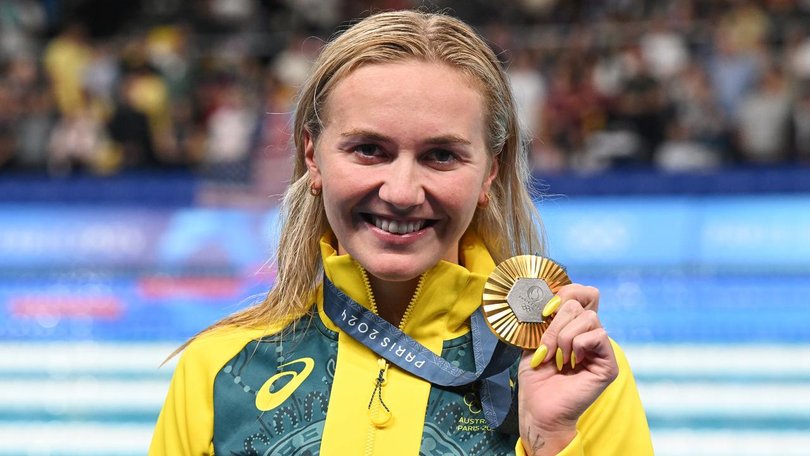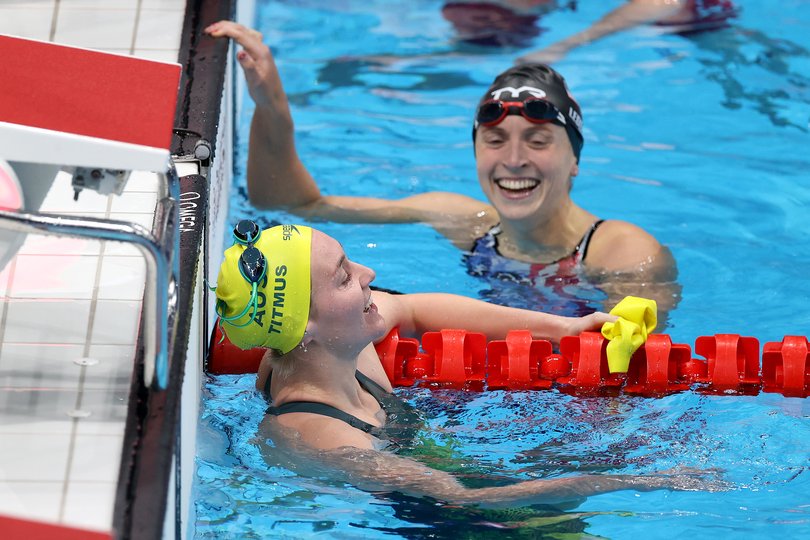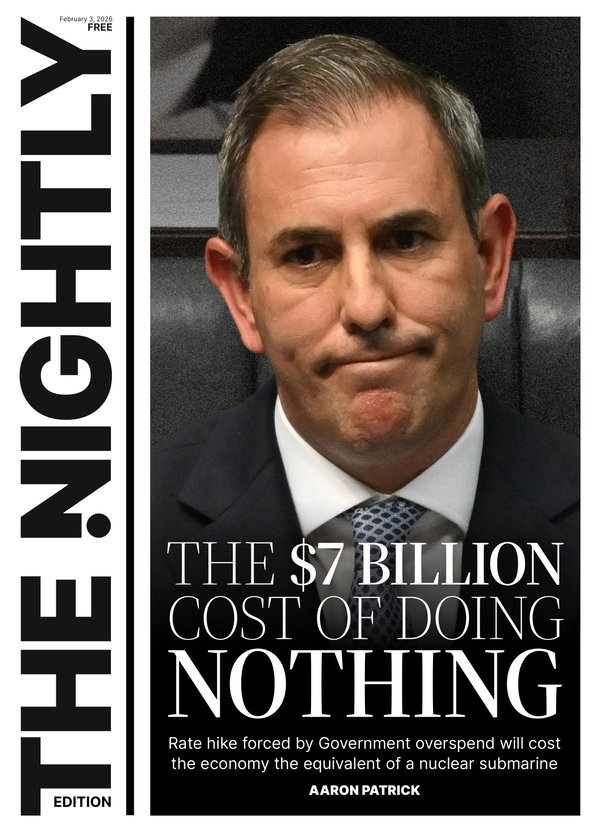Ariarne Titmus celebrates first life milestone in retirement after exiting anti-doping testing pool
‘This news feels unreal!!!’
Ariarne Titmus has celebrated her first life milestone since retiring from swimming — the end of drug testing.
The bane of a professional athlete’s existence, the anti-doping machine is also well understood as what keeps elite sport ticking over.
It comes with the need to submit to random urine tests aided by athletes sharing their whereabouts at all times.
Sign up to The Nightly's newsletters.
Get the first look at the digital newspaper, curated daily stories and breaking headlines delivered to your inbox.
By continuing you agree to our Terms and Privacy Policy.For Titmus that meant keeping up with the system while trying to enjoy a break from swimming since the Paris 2024 Olympics.
Only deciding to hang up the goggles in recent weeks, the 25-year-old waited until after the announcement to lodge her retirement with anti-doping officials.
Titmus this week shared a screenshot of an email confirming she had been removed from the testing pool.
“You are therefore no longer required to submit whereabouts information,” it noted.
And it was a long time coming.
“I had my first drug test at 12 and missed a birthday party because I couldn’t go to the loo,” Titmus laughed.

The next detail went a long way to explaining why even the very best swimmers, who generally peak early, rarely continue into their 30s.
“I got put on whereabouts when I was 15,” Titmus added.
“This news feels unreal!!!”
So after 10 years of logging her schedules, training locations and travel plans — including overnight stays — Titmus is finally free.
As an athlete in the registered testing pool Titmus has also had to make herself available for 60 minutes a day every day for a drug test.
Missing those tests is almost akin to doping itself, with three failures in 12 months putting an athlete at risk of a two-year ban.
Titmus went into her year off after Paris 2024 expecting to return and rebuild for Los Angeles 2028.
But, when she began to map out her competitive return with coach Dean Boxall, she felt something was missing.
“I was waiting to see if it comes and I just didn’t have that fire in the belly and that’s when I knew,” she said.
“I know what it’s like to win an Olympic gold medal but I can rationalise what it’s like without that in my life now and I’m content with that.
“Knowing I don’t have to perform anymore for our country and myself.
“It is a big weight off my shoulders ... it’s bloody hard going into an Olympic Games as favourite ... it does feel nice a little bit to sit into my own life.”

She said the gravity of her decision only hit once she told her manager and that the conversation with Boxall went well.
“I was half expecting him to twist my leg and bring me back. It would have been selfish from his part, he obviously didn’t want me to stop,” she said.
“But he was actually the opposite. Just so happy and proud and can see that I’ve got so much to look forward to in my life and was happy to support me.”
Australian swimming has moved on quickly, with Mollie O’Callaghan — who defeated Titmus to 200m freestyle gold at the Paris Olympics — claiming the short-course world record in the event.
Titmus still holds the long-course world record, having taken it from O’Callaghan in June last year at the Australian trials.
Originally published on 7NEWS Sport
